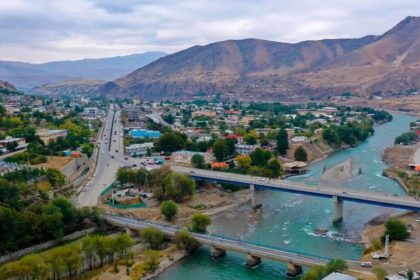RASC News Agency: The World Bank has issued a stark warning about Afghanistan’s economic trajectory, noting that despite moderate signs of recovery, the country is grappling with profound challenges and an uncertain future. The report highlights Afghanistan’s heavy dependence on U.S. financial support, cautioning that the withdrawal of such assistance could lead to an economic collapse. In its latest development update, the World Bank identified critical obstacles to Afghanistan’s economic stability, including fiscal constraints, significant trade imbalances, and limited capacity for public investment. It stressed that sustainable recovery hinges on addressing structural issues, such as fostering women’s participation in the economy, maintaining price stability, and bridging key deficits in human capital, particularly in education and healthcare.
While the Afghanistan economy recorded a 2.7% GDP growth, primarily driven by private consumption, the World Bank emphasized that this growth “has only recovered approximately 10% of the substantial economic losses sustained in recent years.” Faris Hadad-Zervos, the World Bank’s Country Director for Afghanistan, underscored the need for structural reforms, stating, “Afghanistan’s long-term economic growth depends on unlocking the significant potential of its domestic private sector and improving its overall business environment.” He further emphasized the urgent need for increased investment, expanded access to financing for small enterprises, and enhanced support for women entrepreneurs.
The report noted that while the easing of food prices has contributed to incremental improvements in household welfare, many Afghanistani families continue to struggle with meeting basic needs. “Poverty remains pervasive,” the World Bank said, highlighting the precarious state of livelihoods across the nation. The report also flagged Afghanistan’s critical trade deficit, driven by its reliance on imports of essential goods such as fuel, food, and machinery. This dependency, the Bank warned, leaves Afghanistan vulnerable to external economic shocks, posing a significant threat to the country’s fragile economic stability.






